Music is more than the noises blaring through our Airpods when we’re supposed to be paying attention in class. Music, like reading, possesses the dual ability to act as a refuge from the disheartening ebb and flow of reality while also sparking introspection. Enter Ctrl by the inimitable SZA— a musical work that embodies this sentiment of simultaneous escape and relatability, exploring themes of womanhood, desire and identity through the singer’s own experiences. As SZA’s SOS tour draws to a close, her devotees have begun to compare SOS and Ctrl, forming opinions on which of the two they favor. While some express ambivalence towards both, and others shower their accolades upon SOS, the superior album remains unequivocally clear: Ctrl.
The 33-year-old singer and songwriter Solána Rowe, known professionally as SZA, produces work primarily in the R&B genre, with two major albums released as of 2022. In interviews, SZA characterizes her adolescence as somewhat rebellious, which, paired with her love of poetry, imbues her salacious verses with the lyrical beauty and concision of a poem. While Rowe released her debut album, Ctrl, in 2017, she garnered an even greater fan base in 2022 upon introducing the album’s deluxe version, adding seven tracks to the original 21 and subsequently releasing SOS that same year. Through SZA’s raw, assertive vocals and the album’s leisurely tempos, Ctrl weaves a life of contradictions into a cohesive tapestry under the album’s titular theme: seeking control, even if illusory, in a time where the act feels impossible.
In the album, SZA identifies her primary affliction as a lack of affection and sincerity from her relationships; nonetheless, her lyrics don’t read like a self-deprecating pity party but rather as an unfiltered exploration of her emotions as she ponders her past romances and navigates her identity amidst self-doubts. The singer lays bare the complexities of her own heart with sheer ingenuity, singing soulfully of her insecurities in songs such as “Normal Girl,” where she blatantly yet poignantly confesses, “I wish I was a normal girl.” She later wields that same pain to regain control of her identity when she concludes that she’ll never be able to reconcile her imperfections with the archetype of idealized modern femininity she constructed in her head.
While Ctrl seems to offer incongruous interpretations of modern womanhood, with “Doves In The Wind” praising female carnality and tracks like “Supermodel” illuminating the loneliness of comparing oneself to others, her discography presents a greater point about the paradoxical experiences of women in society. Critics of the album have taken particular offense to “The Weekend,” in which SZA assumes the archetypal role of the “other woman.” Aptly titled, the song narrates SZA’s experiences with a man whom she only sees on the weekend since he devotes his weekdays to another woman.
Though the song may appear to play into the misogynistic scenario of women vilifying one another due to a shared romantic partner, which runs counter to SZA’s usual undertone of empowerment, this interpretation fails to recognize the complexity of the album and song itself. “The Weekend” derives a particular brilliance from the internal conflict SZA undergoes during the track’s four minutes and 32 seconds, wherein she longs for a genuine relationship but feigns nonchalance in hopes of preserving her self-respect. Moreover, Rowe doesn’t produce her songs to present a linear message; instead, she aims to elucidate the various contradictions that comprise her life as she pursues stability, injecting a unique relatability into her music.
Where Ctrl portrays SZA’s many facets with unbridled honesty and nuance, SOS fails to achieve the same. SOS deviates from the singer’s originally alternative R&B style into a mismatch of melodies that convey an ambiguous message. Oscillating between hip-hop, rap and her trademark sultry ballads, the sophomore album finds itself at a stylistic crossroads. It feels as if SZA, in trying to replicate Ctrl and its resonance with fans, produced an incoherent amalgamation of ideas that can only mimic the raw honesty of Ctrl. Ctrl offers an emotionally nuanced narrative in which SZA refuses to disavow authentic feelings. Whether it be generating camaraderie around the feminine experience, portraying loneliness and all its depressing qualities or navigating the intricacies of modern relationships, the microcosmic Ctrl encapsulates much of what it means to be human. As such, I recommend fans caught in the frenzy of her recent tour to not hastily disregard Ctrl in favor of SOS, but instead, give SZA’s first major album a relisten as, without fail, she will leave you and your every facet feeling seen.



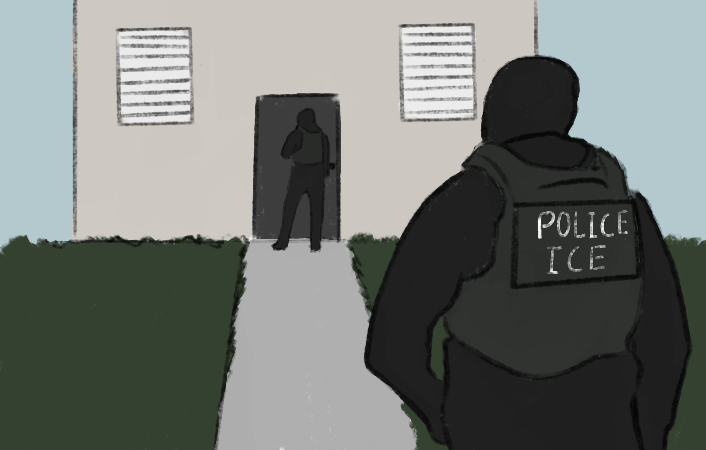
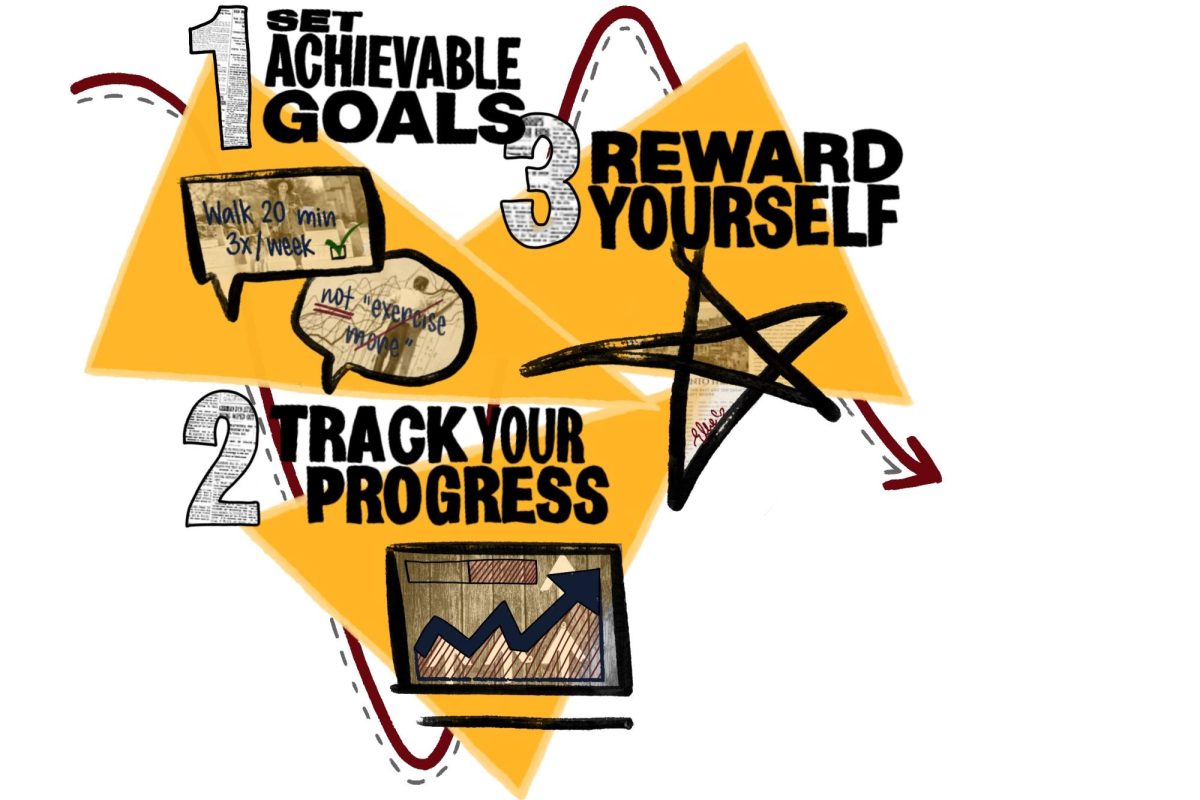
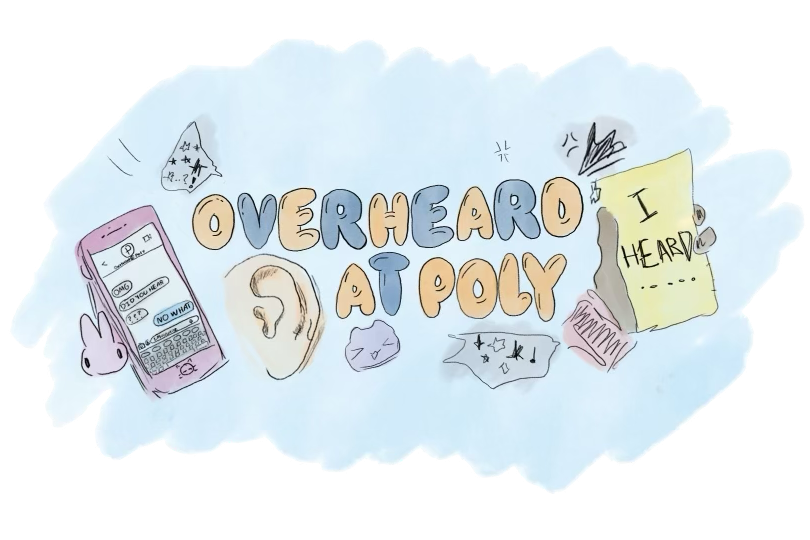




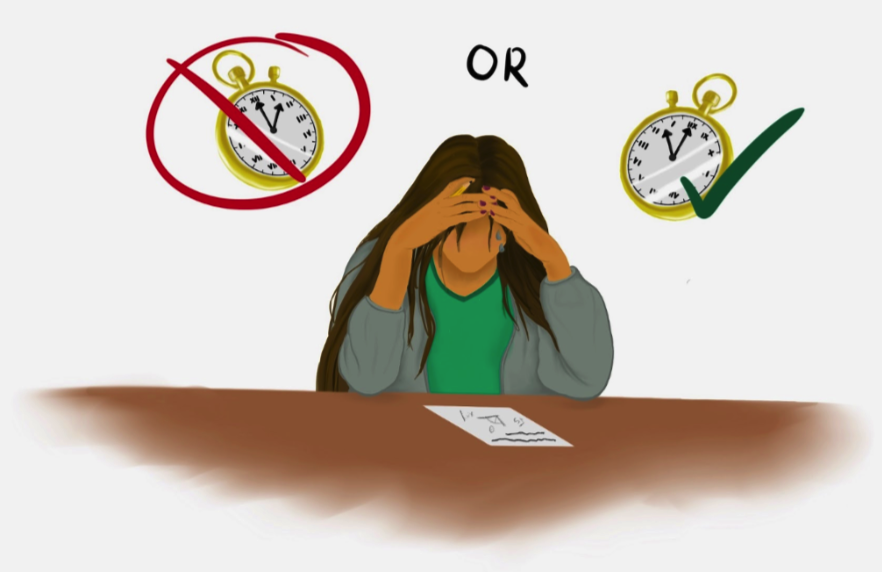
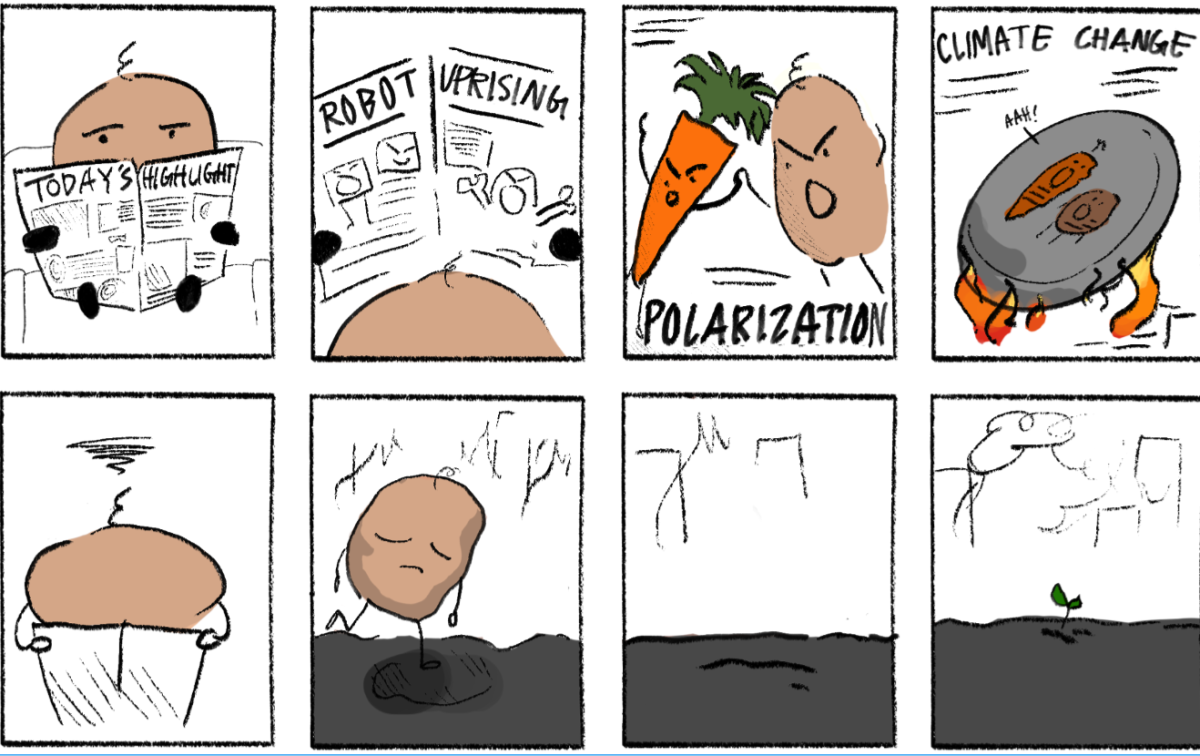

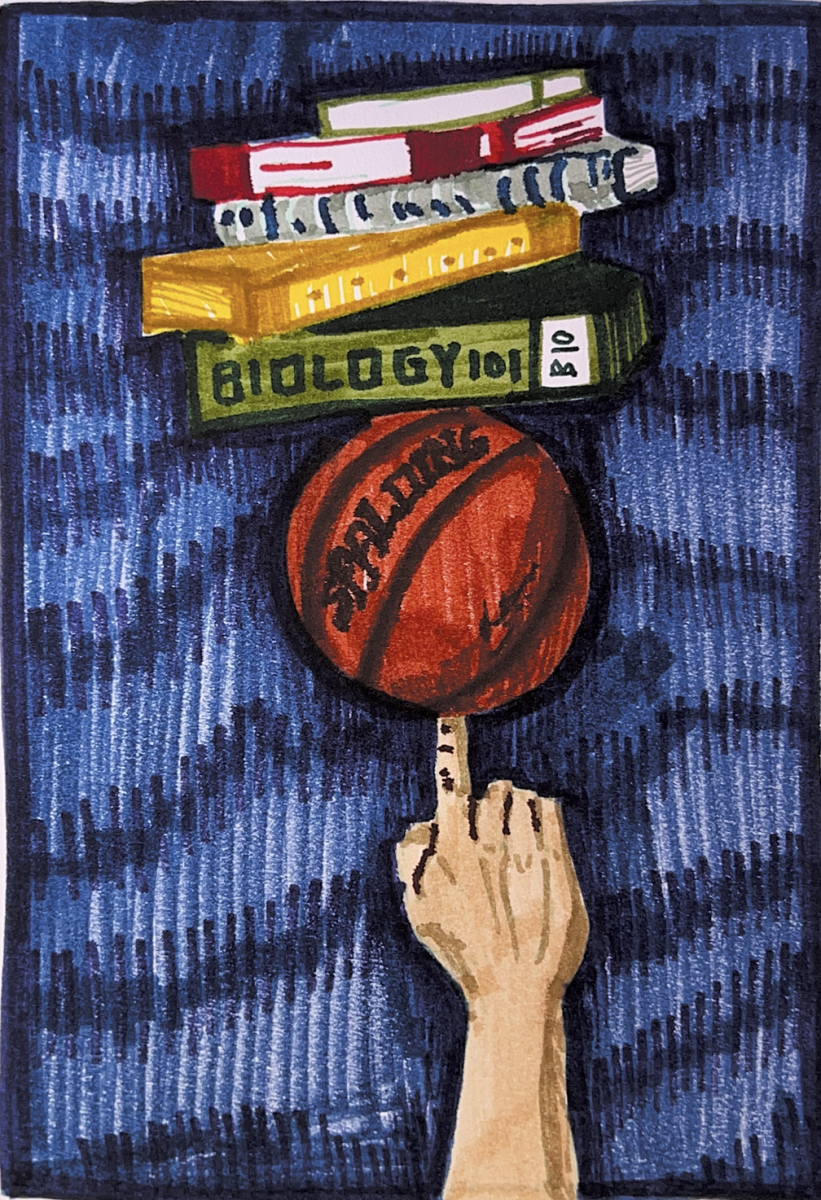











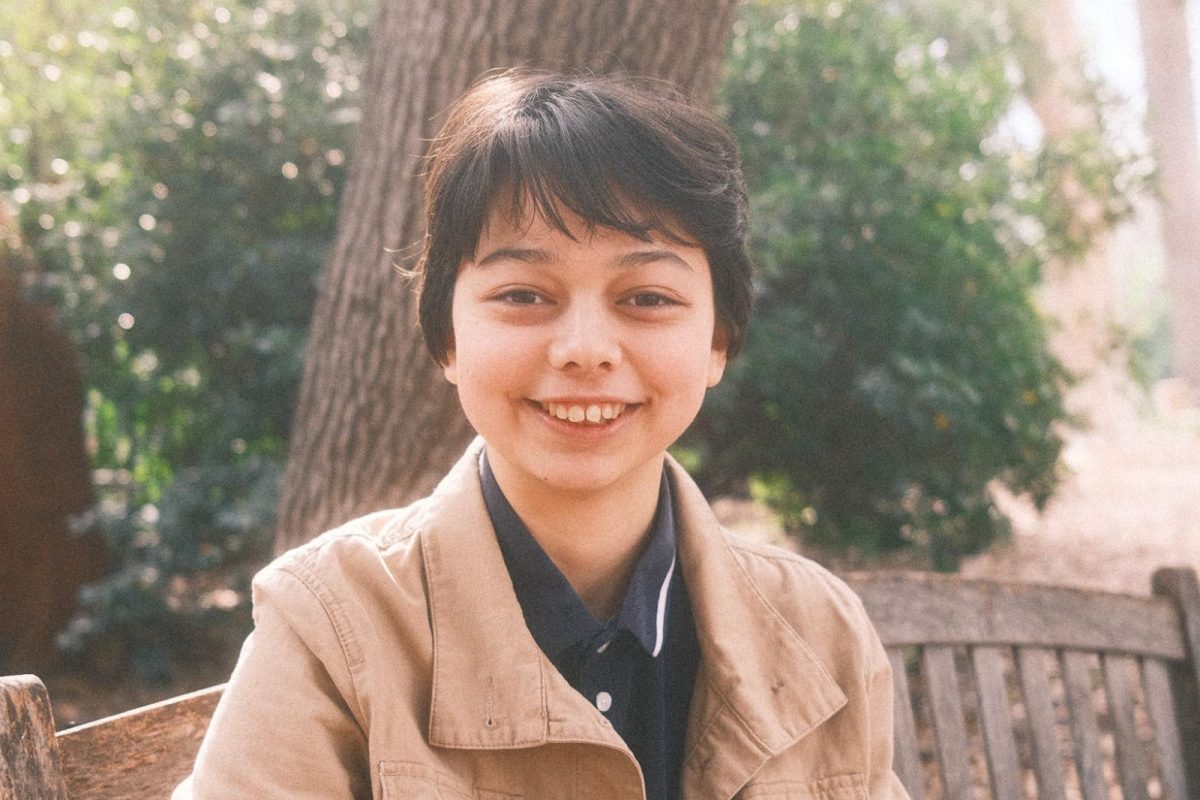

caio • Jun 5, 2025 at 1:52 am
i know i’m two years late, and i’m certainly not from this highschool, but i think the point of this opinion article still stands the same :’) thank you!!
PS – your vocabulary is stunning omg